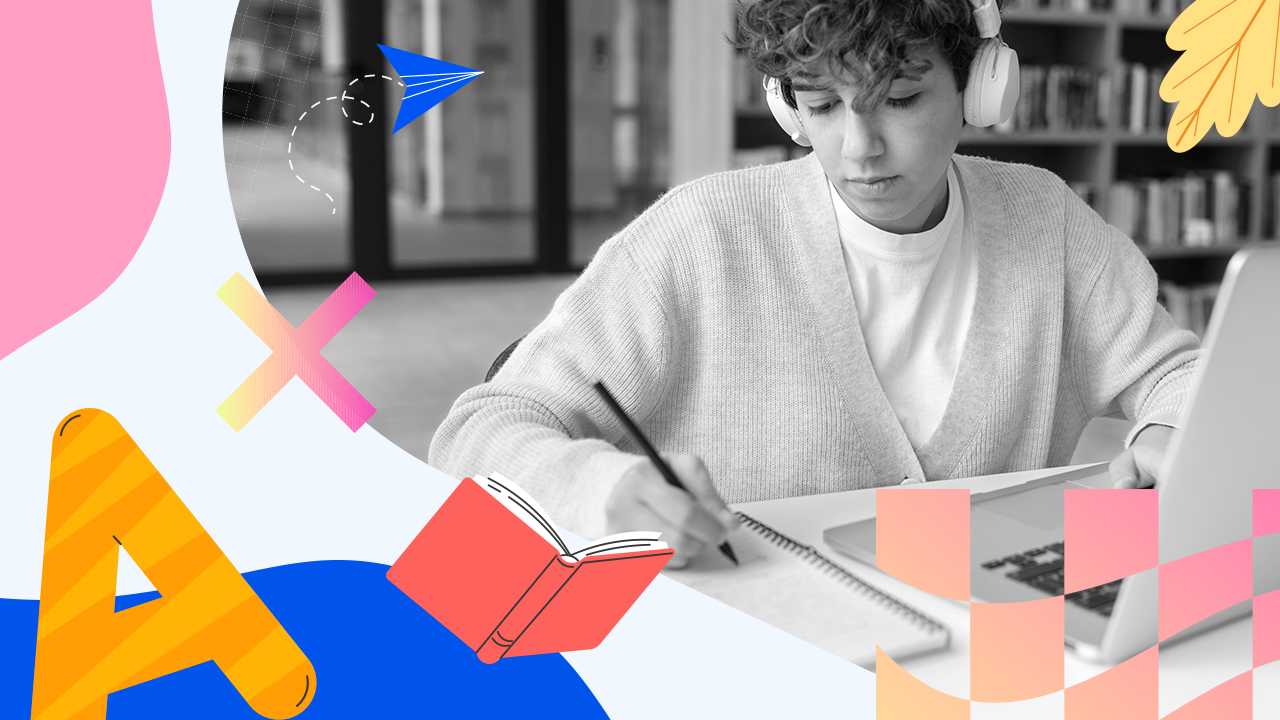AI in Education: EduLegit’s Role in Shaping Honest Digital Learning
The search for optimizing the educational process and making studies more engaging and effective for students and educators allowed AI to become a part of the process. Currently, AI is used in different areas, from grading to assisted writing, and continues to be implemented systematically in classes, making an online environment a digital educational world. However, while digital technology has great potential to shape the future of learning, many approach it with a sense of mistrust and wonder whether transparency and honesty have a place in the digital learning space. While some tools may lack these qualities, the EduLegit platform is focused on ethical standards and ethical use of AI in education, paving the way for the future of digital learning.
Why EduLegit is the Next Generation Digital Learning Environment
Trustworthy AI tools are based on a systemic approach that incorporates the main ethical pillars and requirements. According to studies, honesty and transparency can be achieved with the help of AI in terms of oversight, technical benefits and safety, privacy, transparency, objectivity, and fairness. (Díaz-Rodríguez et al., 2023). Notably, EduLegit has all these elements and provides a reliable platform for its users that incorporates the following.
Human agency and oversight: While the EduLegit platform is AI-driven and aims to automate many processes like monitoring and assessment, it still ensures that people remain in control. For example, when our AI tools provide information on how many words were copied and the general percentages of plagiarized materials, teachers can review these results and see all the screens to check the flagged instances. With this approach and information, EduLegit fosters a system that ensures that technology complements human judgment rather than replaces it.
Technical robustness: EduLegit manages large volumes of data without compromising performance and privacy. The system is well-developed and incorporates different features that work simultaneously (for instance, making screens, tracking user attention patterns, checking texts for AI use and plagiarism, and more). It is easy for users to switch between tasks, track the completion progress, and all that is done without a hitch.
Non-discrimination and fairness: AI systems can inadvertently perpetuate biases if trained on flawed data, which can lead to unfair outcomes in student evaluations or admissions processes. EduLegit is committed to fairness at its core. We work hard to ensure that our AI tools are free from bias.
By embracing these ethical elements, EduLegit is paving the way for the next generation of digital learning environments. The platform’s commitment to fairness and privacy ensures that it meets today’s educational needs and upholds the highest standards of integrity and trustworthiness in AI.
The Future of AI in Education: Transparency and Honesty
With the growing use of AI in education, there is a need for a platform that can help overcome complex challenges and ensure fairness and transparency in all aspects of learning. Learners and educators should be able to apply tools that assist with research, writing, and problem-solving without bypassing honest learning practices. EduLegit recognizes the critical role of academic integrity norms and standards and applies strategies to help users remain ethical while working on their assignments.
AI as a Learning Aid, Not a Shortcut
EduLegit encourages students to use AI as a tool for learning rather than as a means to shortcut their education. While AI can provide helpful guidance, such as offering personalized study plans, analyzing areas of weakness, or suggesting additional resources, it should not replace the critical thinking and effort that are central to the learning process. EduLegit makes interactions with AI in a way that enhances — not replaces — active engagement in learning.
For example, when students use EduLegit’s platform to write their assignments, they are encouraged to focus on creating an original text. The platform promotes transparency by tracking how much copied text, plagiarism or AI-like written text is present in any task, ensuring that students maintain accountability for their own work. These features deter dishonest practices while allowing students to benefit from AI’s support. Yet, everything can be done on the intuitive platform with courses and tasks assigned by teachers and professors.
Plagiarism Detection and Prevention
It is so easy to copy and paste sentences and full texts from any source, including AI. To address this matter, our platform uses sophisticated plagiarism detection tools from PlagiarismSearch. EduLegit monitors the writing process and generates reports indicating the plagiarism percentage. The reports highlight such text, implying it has no authentic academic value, thus encouraging students to analyze ideas by themselves and find reliable sources for their assignments.
Automated Monitoring of Unusual Patterns
EduLegit operates on algorithms designed to register student behavior and identify patterns. Such information includes user focus patterns, typing speed, time dedicated to a task, and other aspects. The data can also show any unusual patterns in writing style and alert teachers in case of any inconsistencies and suspicious behavior.
For instance, if a student’s essay shows a sudden deviancy from their usual writing style or knowledge level, the system will flag it for review, offering an opportunity for educators to address the issue directly. This system allows teachers to intervene early, offering guidance to students about ethical study practices and ensuring they understand the importance of maintaining honesty in their work.
In the next decade digital education is expected to grow and develop more, being integrated in the system of learning. AI technology will be even more accessible on all devices, making interaction between tutors and learners even more common, raising more issues related to honesty and integrity (Marr, 2024). We are thinking about these matters to facilitate the process in the future.
EduLegit is a productive platform that creates opportunities for teachers and students to engage in learning by ensuring that all assignments are completed without cheating. It is a powerful means for enhancing and improving the grading system and showing whether any assignment is authentic and written by students according to specific requirements without any unauthorized assistance. We introduce EduLegit to solve various problems, apply new practices, and optimize the results. People who have tested the EduLegit and tried its features claim they enjoyed writing on the platform as they could receive relevant reports instantly at one place. Moreover, their whole writing process can be assessed modernly with the evaluation of important elements. Using AI for surveillance, such as monitoring student behavior and performance, helps safeguard policies and ethical norms to protect the students’ rights and autonomy. That should be the future of digital education.
Sources Used:
Díaz-Rodríguez, N., Del Ser, J., Coeckelbergh, M., de Prado, M. L., Herrera-Viedma, E., & Herrera, F. (2023). Connecting the dots in trustworthy Artificial Intelligence: From AI principles, ethics, and key requirements to responsible AI systems and regulation. Information Fusion, 99, 101896.
Marr, B. (2024). The Biggest Education Trends Of The Next 10 Years. Forbes.


Can AI Assess Essay Samples Fairly?
Artificial intelligence (AI) is a technological breakthrough across various spheres, including education. Yet, its role is still uncertain for people […]

AI in Education: EduLegit’s Role in Shaping Honest Digital Learning
The search for optimizing the educational process and making studies more engaging and effective for students and educators allowed AI […]

AI Ethics in Education: Balancing Innovation with Responsibility
The discussion surrounding AI ethics dates back more than 70 years, with Isaac Asimov introducing the “three laws of robotics.” […]










